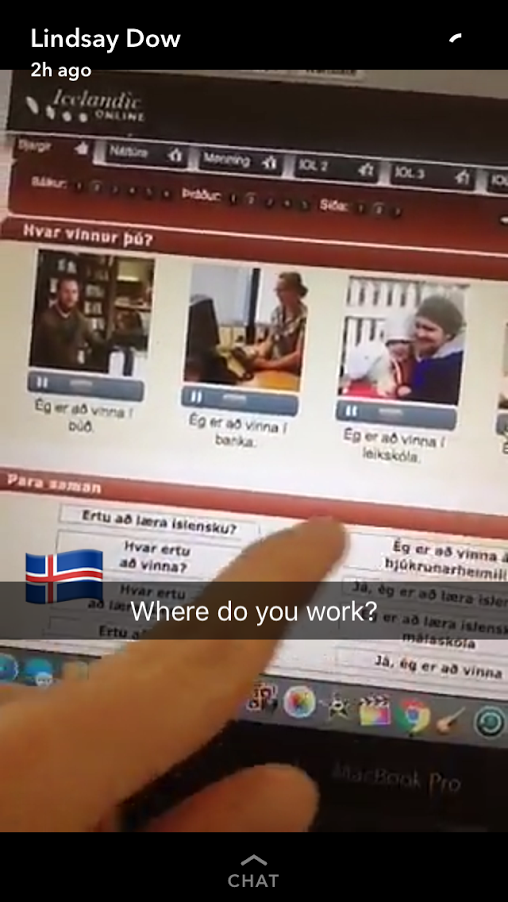When you reach the higher language levels, it's not enough to just study. How does it feel to reach a level where you are looking for ways to go beyond fluency? How can you move towards mastery?
There's no Lindsay in this episode (don't worry, she'll be back very soon!), so I found myself two experts who know what they are talking about:
- Tristan Foy, an American polyglot who's currently my advanced German student
and
- Gareth Popkins from How To Get Fluent
The episode is full of tips and strategies for reaching the very advanced levels and getting better even after years of study.
It's Not About Fast Progress
Thanks to Ellen Jovin for letting me show you this picture.
Of course you want to start off feeling like you are making fast progress, but at the advanced levels you're no longer looking for that. Approaching and chasing "mastery" means that the time you spend studying a language isn't relevant anymore. In other words, a truly advanced learner has long stopped counting the time they spent.
Advanced Level Means Finding "More" In The Language
Once you get to a point where having a conversation in your target language is no longer just a crazy dream, it's absolutely essential to find something more to connect to. Call it culture, call it personal connections, whatever it might be.
At the advanced level, you're guaranteed to have found what Tristan calls "the language speaking to your soul" - grammar and vocabulary becomes secondary.
"Learning a language is a bit like hugging a cactus - you can never get entirely comfortable"
(Tristan Foy)
It Takes Work To Progress
It's entirely possible to plateau at an intermediate level even after you have moved to a country. If you've got enough language to chat to people and fill in forms, that doesn't mean you're approaching "Mastery" yet but it does mean you're okay. So in order to improve ever more, you need to put in the work, set new goals and engage in every single one of listening, reading, speaking and writing, vocabulary, and grammar.
Turns out that you're never ever done - Gareth for example has just passed the C1 German exam and he says he has endless scope for improvement.
Enjoy the journey, stop for a breather whenever you feel like it and keep going.
Fluency - No One Cares!
Tristan sums this up with a wonderful sentence: Don't worry about getting fluent. Worry about getting better.
Everyone is always looking for a label, it could be "fluent" or "C1" or "conversational". But at the end of the day, you're never really done and get closer and more comfortable.
You Need Humility
Having areas of weakness in your language is not a sign that you are weak overall, but it's a valuable hint.
Gareth highlights that your potential for making errors gets bigger as you improve, so you'll need to keep aware that it will get ever more difficult to find and revise the most advanced grammar points. He recommends you work with textbooks, grammar exercises and advanced tutors.
Links and Resources Mentioned In This Episode
- How to Get Fluent, Gareth's blog - highly recommended
- Ellen Jovin, a highly recommended blog here too
- > Wade's Russian Grammar
- > Hammer's German Grammar
Gareth's summary of the Polyglot Gathering, in which he explains what "The Need Principle" is:
Learning another language is a long, hard process, requiring a lot of dedication (..) After all, as an adult trying to learn a new language it’s all about “overcoming human nature”. You need, erm, “need”: you’re either surrounded by the language, you know somebody who speaks it, you have an unusual interest in the country or culture or the language will benefit you at work
Thanks for our good friends at Flashsticks for their ongoing support of the Creative Language Learning Podcast. They have a free app, awesome vocab post-its, and more.











